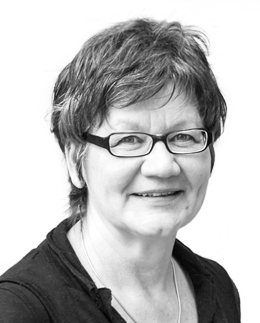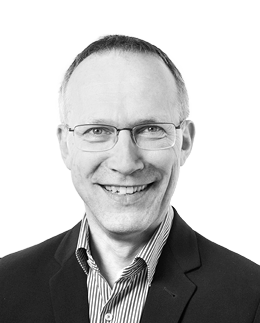The relation between Vocational Education and Training (VET) and Higher Education (HE) in Germany is changing. Indicators for this change are the expansion of dual modes of study, the implementation of a coherent legal framework enabling individuals with only vocational qualifications to apply for higher education, the development of professional academies into universities, the debate on employability of HE graduates, as well as the differentiation between part-time studies parallel to work and continuing higher education. The change affects educational pathways, the institutional order of the two education sectors and the relationship between education and the labour market.
Currently, the scientific relevance of the subject is demonstrated by increasing amounts of research on access opportunities, study progress and success of vocationally qualified persons without the traditional higher education entrance qualification from school, the 'Abitur'. Little attention is paid to dual modes of study and continuing higher education; the prevailing research focuses on students and graduates with a so-called 'normal biography'. There is also a dearth of studies on the changes to social orders, e.g. of hierarchy and difference in VET and HE.
In recent years the research cluster has focused on :
- the analysis of different groups of non-traditional students (NTS)
- the potential of available databases
- questions about demand oriented forms of study programs
- the growing importance of private universities and distance learning courses for NTS and all target groups who want to combine a job or other forms of work with a course of study
An exchange with internal and external experts takes place in regular workshops.
The research topics of the cluster members range from academic success of NTS and the educational trajectories and educational returns of vocationally qualified higher education graduates to characteristics of students at private universities and current developments in the field of higher education certificates.


